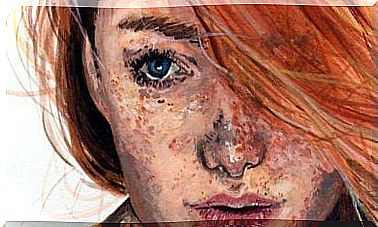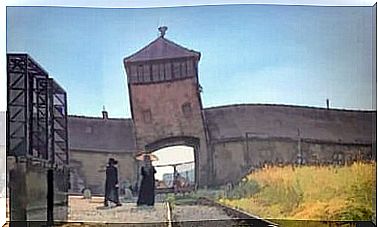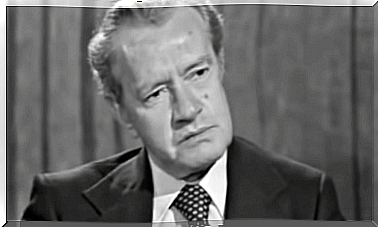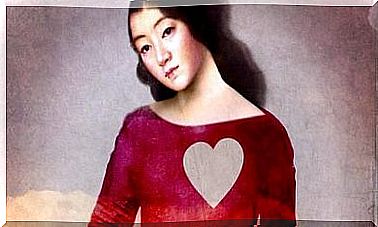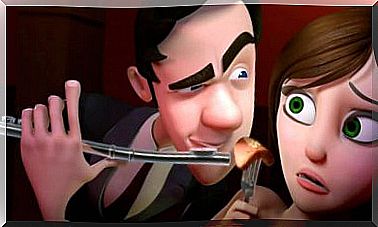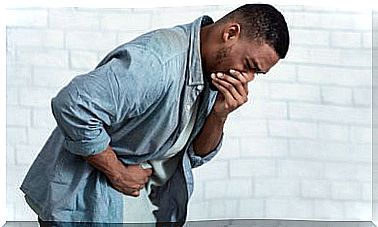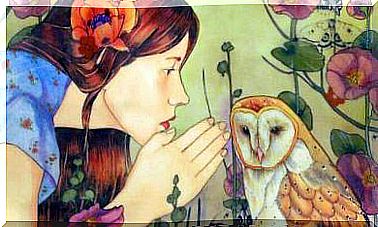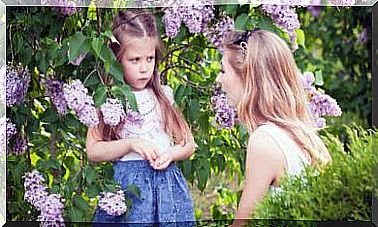We, By Jordan Peele: From Laughter To Horror, But Not Forgetting Criticism
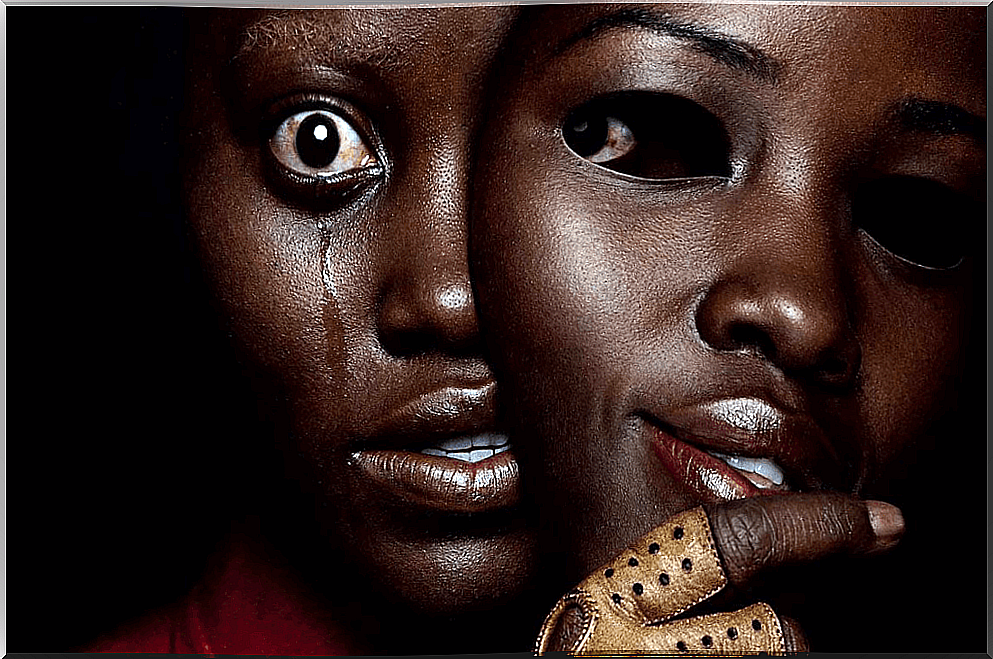
‘We’ is Jordan Peele’s latest perversion, and I say perversion not in the strict sense of the word, but in the most critical sense, that of breaking with the order in force.
Horror and comedy go hand in hand in this film, intertwining to build a work that becomes absurd in the same moments that it becomes brilliant. An almost carnivalesque and satirical massacre turns out to be a profound criticism of capitalism and, of course, of the world as we know it.
The strength of his images, the resource of the doppelgänger , the humor in the most critical moments and a brilliant use of metaphors have as a backdrop a political critique of which, at first, we are not aware.
If in his first feature, ‘Run!’, Jordan Peele embraced the critique of racism in American society, in ‘Us’, he didn’t make his intentions so clear.
An American family, led by a mother with deep trauma from the past, will experience a strange event. All the action lasts only one night and a few hours.
The protagonists find a strange family at the door of the house where they will spend their vacation. A reflection or double of themselves, people like them, but who didn’t exactly come looking for peace.
The title of the original version, ‘Us’ – us, in English – supposes a play on words that refers to US (United States – or United States). This materializes in one of the crucial moments of the film through the declaration of the protagonist’s double: ‘We Are Americans’.
And yes, they are Americans, they are just like the protagonist family, just like us, but actually they are also the price to be paid for the “American dream”.
‘We’ and the theme of doubles
The theme of the double, or doppelgänger , is one of the most explored resources in the artistic world, especially in literature. A question very much linked to duality, the obscure and the evil.
Over time, this idea of the double took on different connotations. Thus, we see different representations in Dostoevsky’s The Double and Stevenson’s The Doctor and the Monster .
The double, moreover, can manifest itself in different ways, more or less explicit. He can appear through mirrors, reflections, shadows, or through some kind of evil twin.
For example, if we think of the mythological character Narcissus, we will see in him one of the first manifestations of the theme. On this occasion, the double appears as a reflection.
In ‘We’, Jordan Peele starts from this tradition, but reinvents it and brings it to the present. The first clue we have of the protagonist’s double takes place in the mirror room. That is, in a place that is easily capable of distorting reality and, at the same time, assumes a component of reality and truth.
Thus, in the midst of the mirrors, a child meets his double, but not with a reflection as expected, but with a child just like him.
Are we facing an evil double? That’s what Peele makes us think during the film. The clues are in front of our eyes and give us some clues that make us think that nothing is what it seems and nothing is by chance in ‘Us’.
Duality will be present throughout the film : a real world opposed to a copy or a parody of that reality.
From an ingenious use of tradition and the double issue, the film uses other metaphors in a very clever way to finally arrive at a kind of contemporary William Wilson, in which we end up stabbing ourselves.
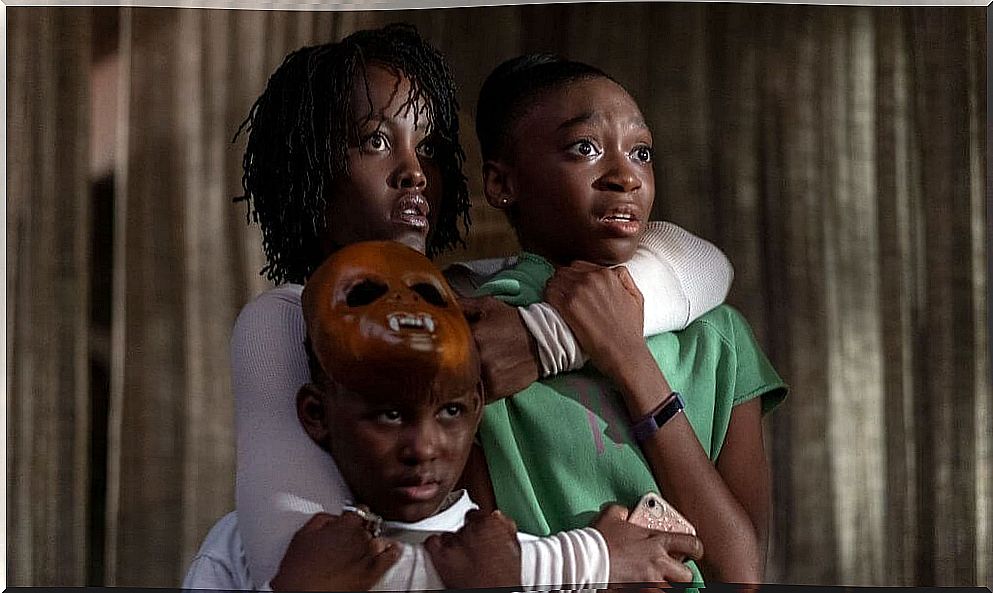
A game of metaphors
What does the sign that sometimes appears: ‘Jeremiah 11:11’ mean? As might be expected, the text makes reference to a biblical quote that says: “I will bring upon them a disgrace from which they will not be able to escape. Even if they cry out to me, I will not hear them”.
In the movie, we have no God who judges man, but we have humans who thought they were gods, we have a terrifying truth and a persecution that leaves no room for hope.
The verse is, then, a kind of synopsis of what we are going to see, as a hidden truth that at some point we will discover.
‘We’ is transformed by Jorden Peele, at various times, into a spooky version of Alice in Wonderland. Only instead of falling into a hole or walking through a mirror, here we discover a terrible truth.
The appearance of the rabbits in the film has an even greater meaning, being the path to the underground and fantastic world that Alice found and which, in ‘Us’, is a kind of parody of our world.
On the other hand, we also find a reference to the recent past. In the 1980s, a campaign called Hands Across America was carried out in the United States. The purpose was to form a human chain and raise money for the most disadvantaged.
The campaign failed enormously and society preferred to remain glued to television. This event was represented in ‘We’, but in this case it will not be a peaceful and unimportant act, but an authentic bloodbath.
‘We’ and Jordan Peele’s Criticism: Between Satire and Terror
‘We’ articulates a film that fits perfectly into the foundations of the horror genre, uses a traditional element such as the doppelgänger to finally lead to a fierce criticism of capitalism.
Peele’s agile pace and ability to direct our gaze makes ‘We’ even stray from its cinematic genre at times.
Peele becomes an orchestral conductor capable of making the drum sound at the most intense and dramatic moment, capable of silencing the most crucial moment with a huge bang.
In the midst of horror, humor also has its place. Putting a joke or two in the middle of ‘We’, Jordan Peele awakens us from terror, lets us breathe and eases our anguish.
In this way, the film becomes perfectly suitable for horror lovers and also for those who are more easily frightened.
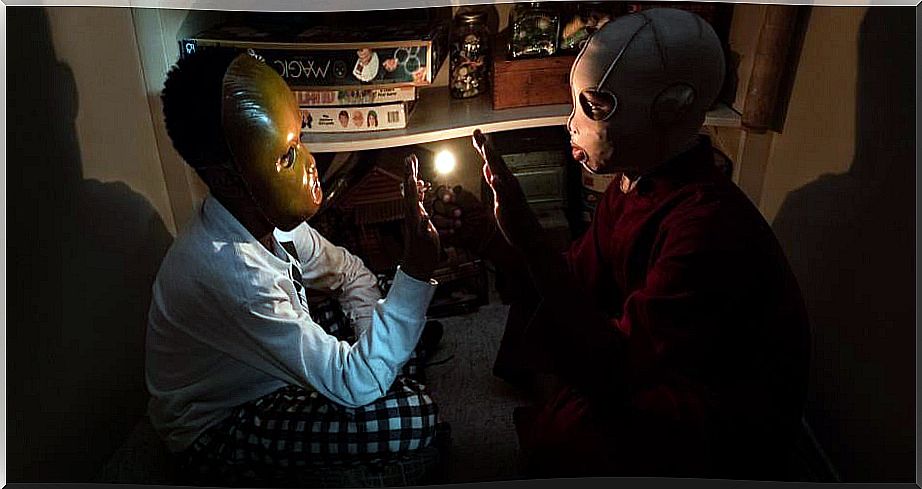
Few movies tend to make me afraid, and I admit that ‘We’ managed, at times, to make me shiver. But just when fear began to envelop me, laughter interrupted the process, not forgetting a tremendous political burden. This is because criticism is actually a key aspect of ‘We’.
Peele goes back to criticizing racism, giving the protagonist roles to black actors in a choice that, far from being casual, becomes an act of rebellion.
While cinema is marked by a world of white men, Peele claims this role to those who, for years, were the forgotten ones. And, at the same time, it contrasts them with a well-off white family to show us that, even today, there are inequalities.
We speak of this fascination that whites often feel in relation to everything that is “different”, an apparently innocent admiration that hides a historical past linked to deeply rooted racism.
But ‘We’ doesn’t end there. That would be back to Peele’s other movie, ‘Run!’, and this time he’s determined to tell something more. It’s just that, in the end, the capitalist world doesn’t care about your race if you have money in your pocket, if you can spend it on entertainment or on material goods.
The criticism of materialism, our era and the absurdities that arise in the face of many of our daily actions is verbalized, breathed and materialized in ‘We’.
‘We’ offers a caricatured vision of reality, capitalism and our hypocrisy in relation to other people’s problems, all in a film capable of attracting the masses, maintaining suspense and making us laugh even at the most terrible moment.
Without a doubt, we are facing one of the great releases of 2019. A great lesson in a comedy in the middle of an apocalypse in which, in a way, we can see a reflection of us.
